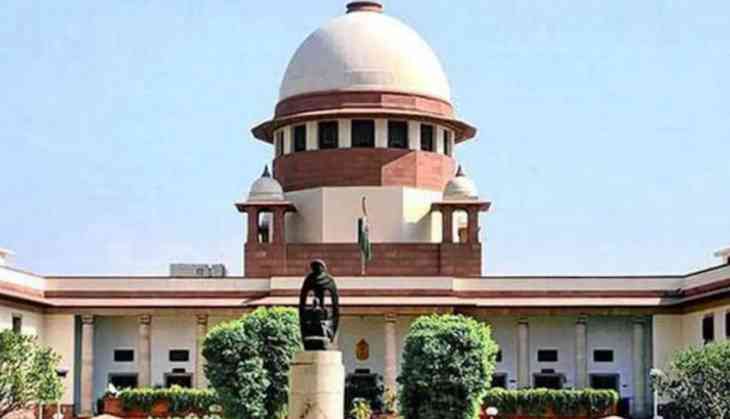
The Supreme Court on September 21 criticised hate speech through mainstream TV news channels and questioned on the role of anchors. The Apex Court also asked why the government was remaining a mute spectator on the matter.
A bench of Justices KM Joseph and Hrishikesh Roy said that the role of news anchors is ‘very important’ and ‘critical’ and observed that it's their duty to ensure that guests invited to the show don't indulge in hate speech. The bench also underlined that TV news channels which often give space to hate speech escape without any sanctions.
"Role of the anchor is very important. These speeches are on mainstream media or social media that is unregulated. Mainstream TV channels still hold sway. The role of the anchor is critical. The moment you see somebody going into hate speech, it is the duty of anchor to immediately see that he doesn't allow that person," said Justice Joseph.
The Top Court was hearing pleas seeking direction for steps against hate speech incidents. Pointing out that hate speech benefits politicians the most, the bench said that TV news channels give platforms for it.
Senior advocate Sanjay Hegde appearing for one of the petitioners in the case also agreed with the bench and said, "Channels and politicians feed on such speech. Channels get money. They keep ten people in debates."
The bench said, "If sanctions are effected this will go... Any anchor will have his own views, but what is wrong is when you have people of different views and you are not allowing them to express those views... in doing that you are bringing hate and your TRP is going up."
The bench further observed that freedom of the press is important and ours is not as free as the US but we should know where to draw a line.
The top court further added that nowadays nobody reads because of the paucity of time, but visual media has a power that has been recognised by this court in censorship cases.
During the hearing, the bench asked why the Central government was remaining a "mute spectator" on the hate speech issue.
Nataraj, representing the Centre, told the bench that 14 states have filed their responses. The apex court asked the Centre to also file a response collating the State government's inputs.
In July this year, the top court had directed the Centre to prepare a detailed chart outlining States' compliance with the general directions issued by it in the judgments relating to curbing hate speech.


